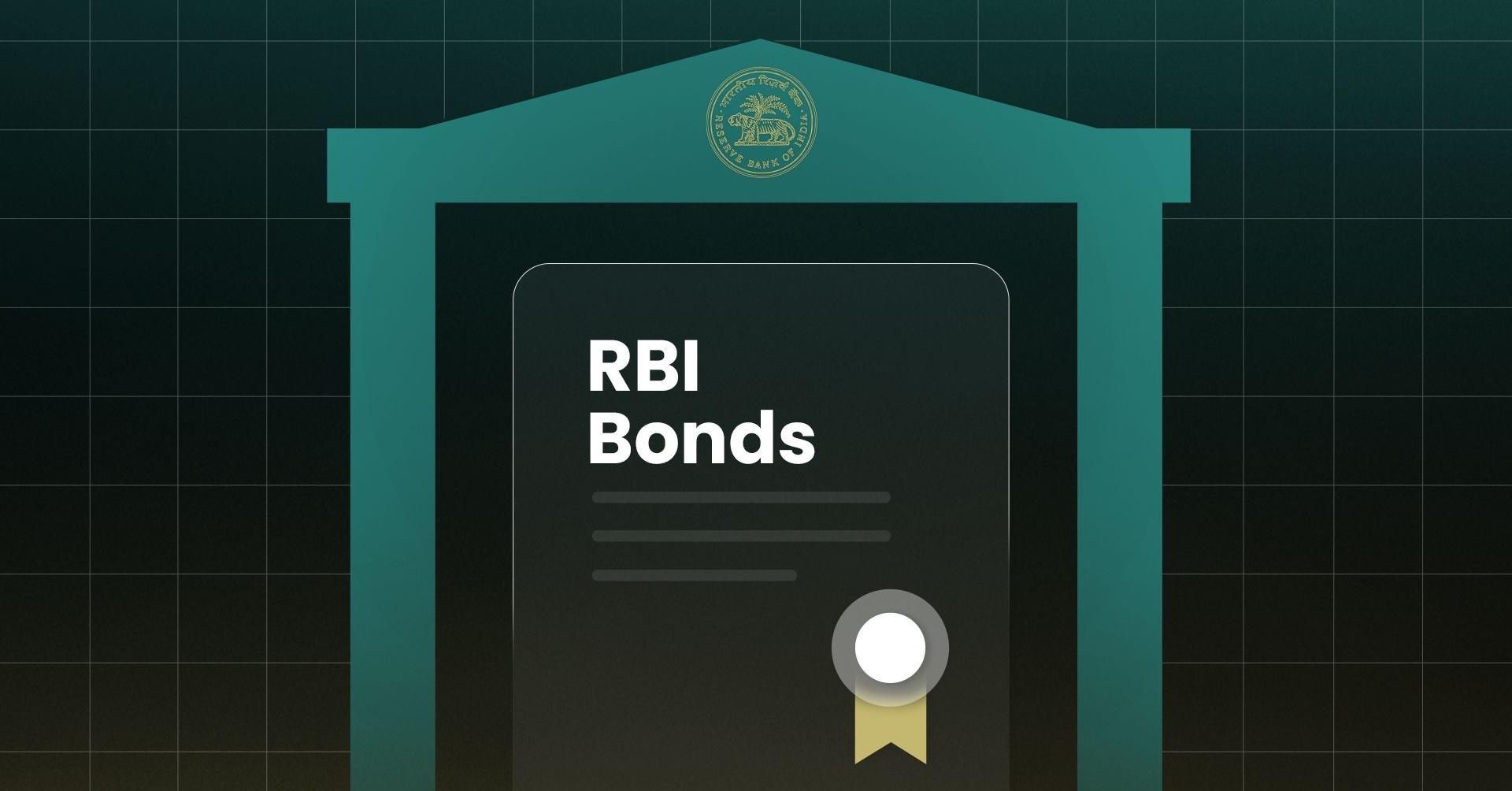Are you curious to know what is RBI bonds? You have come to the right place as I am going to tell you everything about RBI bonds in a very simple explanation. Without further discussion let’s begin to know what is RBI bonds?
Investing your hard-earned money wisely is a key component of financial planning. Among the numerous investment options available, RBI Bonds stand out as a safe and reliable choice. These bonds are issued by the Reserve Bank of India (RBI) and provide individuals with a secure avenue to grow their savings. In this blog, we will delve into what RBI Bonds are, their features, benefits, and how they can be a prudent investment strategy.
What Is RBI Bonds?
RBI Bonds, also known as Government of India Savings Bonds, are debt securities issued by the Reserve Bank of India on behalf of the Government of India. These bonds are part of the government’s borrowing program and offer a fixed rate of interest, making them a low-risk investment option. RBI Bonds are non-transferable and non-negotiable, which means they can only be held in the name of the investor.
Key Features Of RBI Bonds
- Low Risk: RBI Bonds are considered one of the safest investment options, as they are backed by the Indian government. The repayment of the principal and interest is guaranteed.
- Fixed Interest Rates: These bonds offer fixed interest rates, which are typically higher than those of traditional savings accounts or fixed deposits.
- Maturity Period: The bonds come in various tenures, with options ranging from 7 years to 7 years. Investors can choose the tenure that suits their financial goals.
- Minimum Investment: The minimum investment amount for RBI Bonds is relatively low, making them accessible to a wide range of investors.
- No Maximum Limit: There is no upper limit on the amount an individual can invest in these bonds, making them suitable for those looking to park substantial sums of money.
- Interest Payment: Interest is paid either semi-annually or annually, depending on the option chosen by the investor.
- Tax Benefits: RBI Bonds offer certain tax benefits under Section 80C of the Income Tax Act, which allows investors to claim deductions on the amount invested.
Benefits Of Investing In RBI Bonds
- Safety: As mentioned earlier, these bonds are backed by the Government of India, making them one of the safest investment options available.
- Regular Income: The fixed interest payments provide investors with a steady stream of income, making them an attractive choice for those looking to supplement their earnings.
- Diversification: Including RBI Bonds in your investment portfolio can help diversify your risk, especially if you’re invested heavily in equities or other market-linked instruments.
- Tax Benefits: The bonds offer tax benefits under Section 80C, allowing investors to reduce their taxable income.
- Liquidity: While RBI Bonds have a lock-in period, they can be prematurely encashed after the initial lock-in period, with some minor penalties.
- No Market Risk: Unlike investments in the stock market or mutual funds, RBI Bonds are not subject to market fluctuations. The returns are predetermined and fixed.
How To Invest In RBI Bonds?
Investing in RBI Bonds is a straightforward process. Individuals can invest in these bonds by visiting their nearest bank or financial institution that is authorized to issue these bonds. The required forms and documentation, including identity and address proof, will need to be submitted. Upon verification, the bonds are issued to the investor.
Conclusion
RBI Bonds are a secure investment option that provides individuals with the opportunity to grow their savings while enjoying fixed interest payments. These bonds offer a low-risk, reliable way to generate regular income and are particularly attractive to risk-averse investors looking for a stable avenue to park their funds. However, it’s important to consider your financial goals, investment horizon, and risk tolerance before making any investment decisions.
FAQ
Is RBI Bonds A Good Investment?
RBI’s Floating Rate Savings Bonds have a sovereign guarantee with almost no credit risk. Investors in the RBI’s Floating Rate Savings Bonds (FRSBs) can benefit from rates in excess of 8 percent if there are no further changes in the interest earned on small savings schemes in the next couple of months.
What Are The Benefits Of RBI Bond?
The coupon/interest of the bond will be reset half yearly based on National Savings Certificate (NSC) rate (Base rate) + 35bps. Half-yearly interest is payable on 1st January / 1st July. The coupon on 1st January 2021 shall be paid at 7.15%. Income from the bonds is taxable.
Is RBI Bonds Better Than Fd?
FDs are safer than bonds because FDs are insured up to Rs. 5 lahks by DICGC (Deposit Insurance and Credit Guarantee Corporation), a subsidiary of the RBI. The insurance is applicable on both the principal and the interest for all depositors at each bank. Let’s look at the following scenario to understand this better.
Are RBI Bonds Tax Free?
Income from the bonds is taxable. Tax will be deducted at source while interest is paid. If an exemption under the relevant provisions of the Income Tax Act,1961 is obtained, it may be declared in the Application Form. The bonds are not transferable.
I Have Covered All The Following Queries And Topics In The Above Article
What Is The Tenure Of RBI Taxable Bonds
What Is The Tenure Of RBI Taxable Bonds?
What Is The Interest Rate For RBI Bonds
What Is RBI Sovereign Gold Bonds
What Is RBI Bonds Interest Rate
What Is RBI Bonds Calculator
How To Buy RBI Bonds
How To Buy RBI Bonds 2023
RBI Bonds Interest Rate For Senior Citizens
Hdfc RBI Bonds Calculator
RBI Bonds Tax-Free
How To Buy RBI Floating Rate Bond
What Is RBI Bonds
Are RBI bonds a good investment
